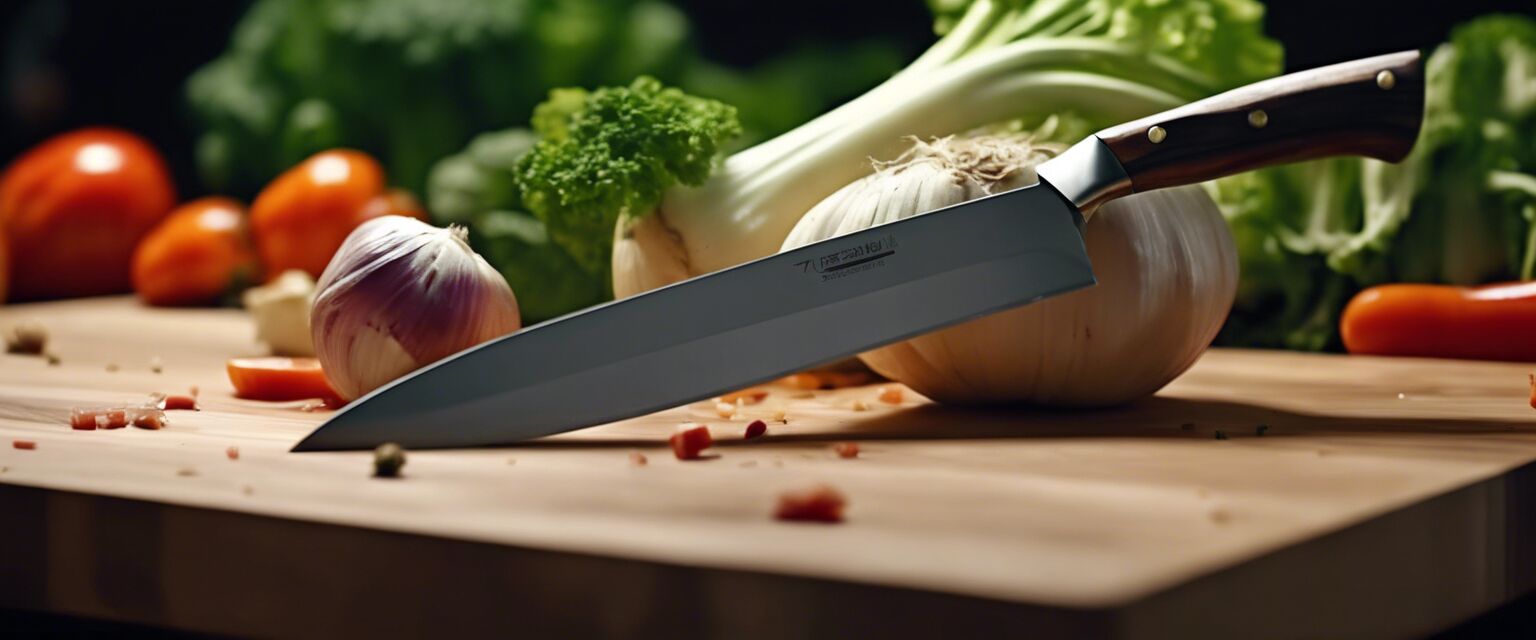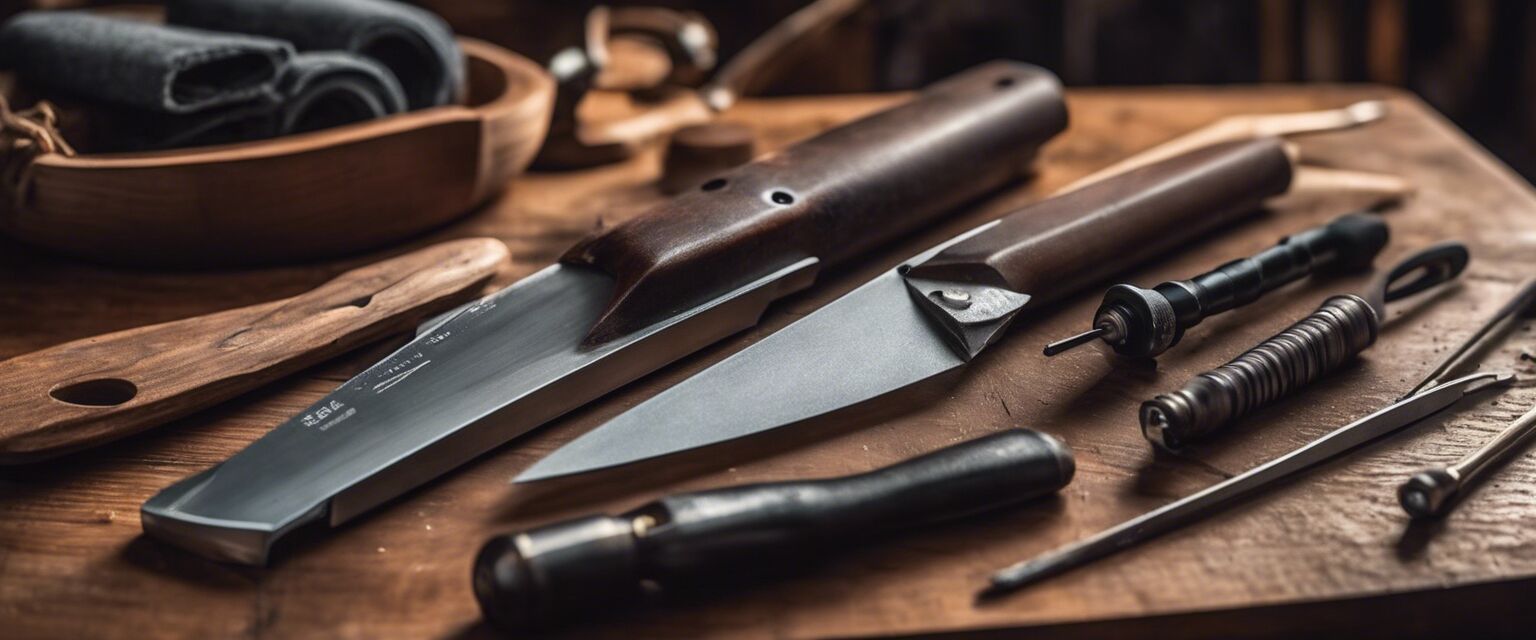
Benefits of Knife Sharpening
Key Takeaways
- Sharp knives enhance safety and efficiency.
- Regular sharpening extends the life of your knives.
- Knives retain better precision and quality with proper maintenance.
- Investing in a quality knife sharpener simplifies upkeep.
Knives are an essential tool in every kitchen, but many people overlook the importance of keeping them sharp. A well-maintained knife offers multiple benefits that extend beyond simply cutting through ingredients. In this article, we will explore the various advantages of knife sharpening and how it can lead to a better cooking experience.
Why is knife sharpening important?
Keeping your knives sharp is vital for multiple reasons including:
- Increased safety when cutting
- Improved precision in food preparation
- Reduced effort needed when slicing
- Prolonged life of the knife
Increased Safety
It might seem counterintuitive, but dull knives are more dangerous than sharp ones. When a knife is dull, more pressure is needed to cut through ingredients. This increases the risk of slipping and potentially injuring yourself. A sharp knife, on the other hand, requires less force and provides better control.
Improved Precision
With a sharp blade, you can achieve cleaner and more precise cuts. This is especially important for presentation when preparing meals. A sharp knife glides smoothly through food, ensuring uniform slices and minimizing damage to the ingredients.

Benefits of Regular Knife Sharpening
Regularly sharpening your knives not only enhances their performance but also extends their lifespan. Below we take a closer look at some of these benefits.
| Benefit | Description |
|---|---|
| Enhanced performance | Sharp knives make cooking tasks easier and more enjoyable. |
| Cost-effective | Investing in a knife sharpener can save money by prolonging knife life. |
| Improved food quality | Sharp knives create better cuts, leading to enhanced flavors and presentation. |
| Efficient food prep | Less effort is needed when cutting with a sharp blade. |
Prolonged Life of Your Knives
Sharp knives can serve you well for years if they are maintained properly. Dull knives require more force to cut, which can damage the blade over time. Regular maintenance, including sharpening and honing, minimizes wear and extends the life of your knives.
Beginners' Tips for Knife Sharpening
- Start with a quality knife sharpener.
- Follow the manufacturer's instructions for sharpening.
- Know the angle at which to sharpen your specific knife type.
- Hone your knives regularly to maintain their sharpness.
Choosing the Right Knife Sharpening Method
There are various methods for sharpening knives, including:
- Electric sharpeners
- Manual sharpeners
- Honing rods
- Sharpening stones
- Knife sharpening kits
You can learn more about each method on our electric sharpeners or manual sharpeners pages.

Conclusion
In conclusion, the benefits of knife sharpening cannot be overstated. Keeping your knives sharp ensures safety, improves precision in food preparation, and extends the life of your tools. Investing time and effort into maintaining your knives is crucial for any kitchen professional or home cook.
Pros
- Enhances safety and efficiency.
- Prolongs knife lifespan.
- Improves quality of food preparation.
- Offers more precise cuts.
Cons
- Requires knowledge of sharpening techniques.
- Involves a learning curve for beginners.
Explore More Knife Sharpening Tools
If you're interested in learning more about knife sharpening, check out our articles on honing rods, outdoor knife sharpeners, and sharpening stones. Knowing which tools work best for your knives will enhance your sharpening process.
